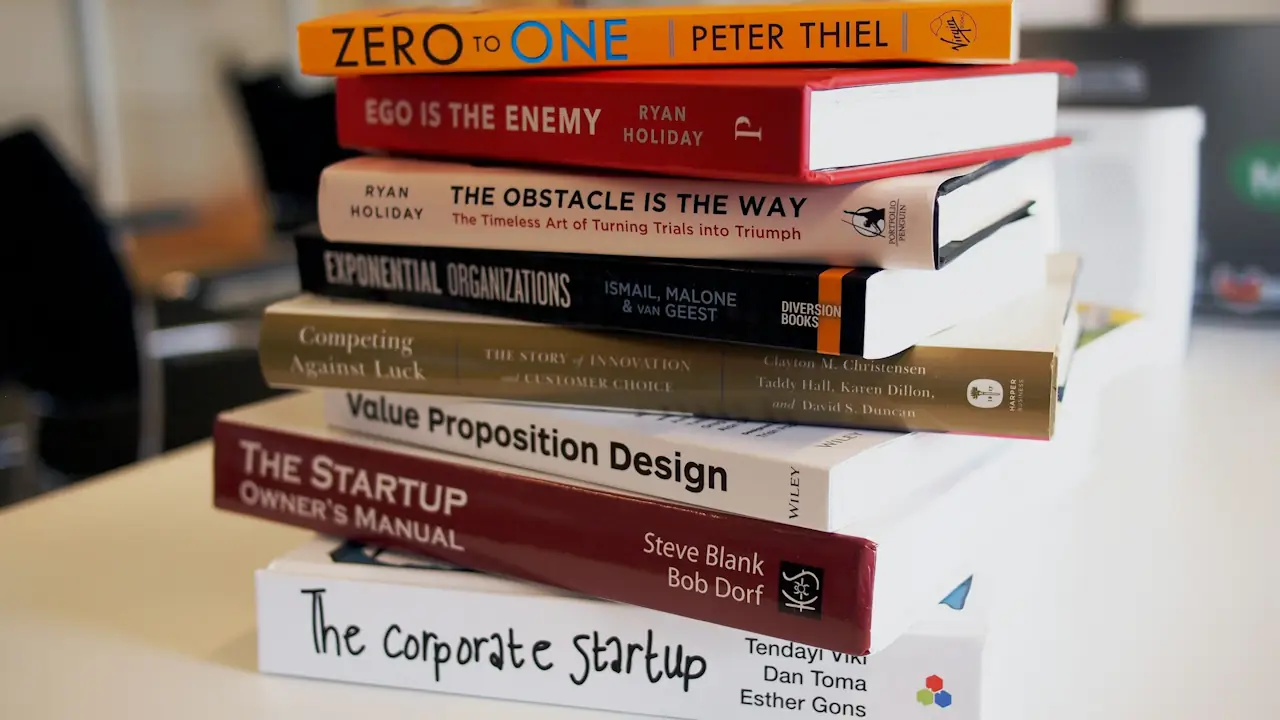
Funding for Ugandan tech start-ups dried up last year, mirroring a phenomenon seen across the continent and beyond as international funders pulled out in what fundraising data shows was the worst year for venture capital in nine years.
New tech companies saw a drop in funding of around 79 per cent in 2023, according to a recent report by Partech, the Paris-based global tech venture fund. This dramatic decline was not unique to Uganda, however; it was a “rough year” for the sector in Africa, which raised around as half as much funding as in 2022 and registered a similar drop in the number of investors.
Partech only considers funding deals above $200,000, which are usually awarded to companies that have progressed beyond early stages of development and have demonstrated the ability to generate reasonable revenue or attract increasing users.
Ugandan tech start-ups continue to rank low in terms of funding, the report shows. In 2023, they raised $10mn from nine deals, placing the country 18th in Africa, down eight places from 2022. The year before, Uganda recorded 15 deals worth $48mn.
The composition of the continent’s top four investment destinations remained unchanged, although South Africa overtook Nigeria for the top spot. Egypt was third and Kenya fourth. Funding ranged from $549mn for South African start-ups, most of it from local sources, to $335mn invested in Kenya’s emerging tech companies.
Morocco and Ghana were the only other African countries to raise more than $50mn – $93mn for the former and $75mn for the latter. Only six countries crossed the $50mn funding threshold, compared to nine in 2022. Even then, two of those countries are not like the others.
The top four countries that received the most venture capital investment — the top three are Africa’s largest economies — accounted for 79 per cent of all equity funding, up from 72 per cent in 2022. In addition, all late-stage funding or growth equity, which often involves investors taking minority stakes in growing companies with a proven customer acquisition model, went to start-ups in the four countries, Partech said.






